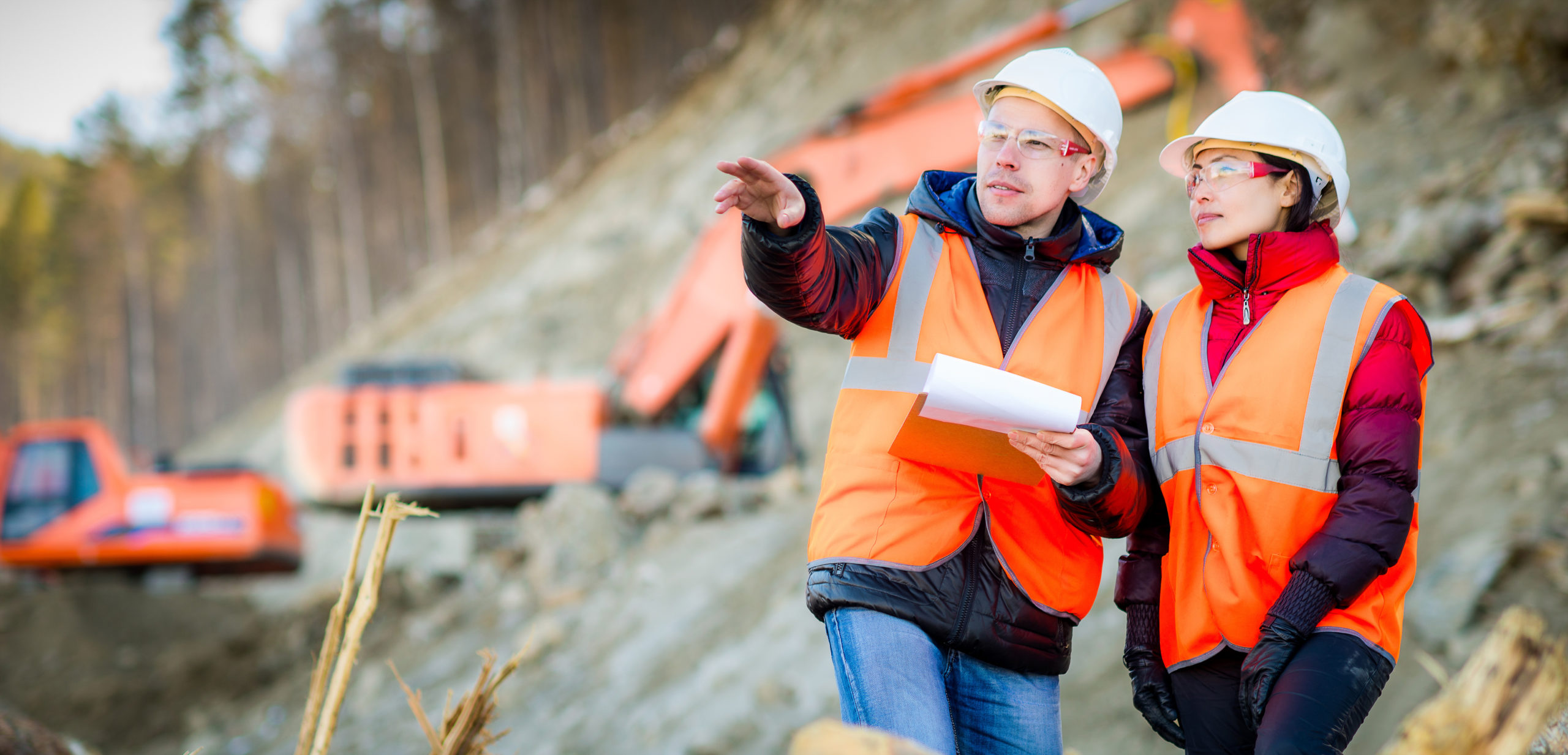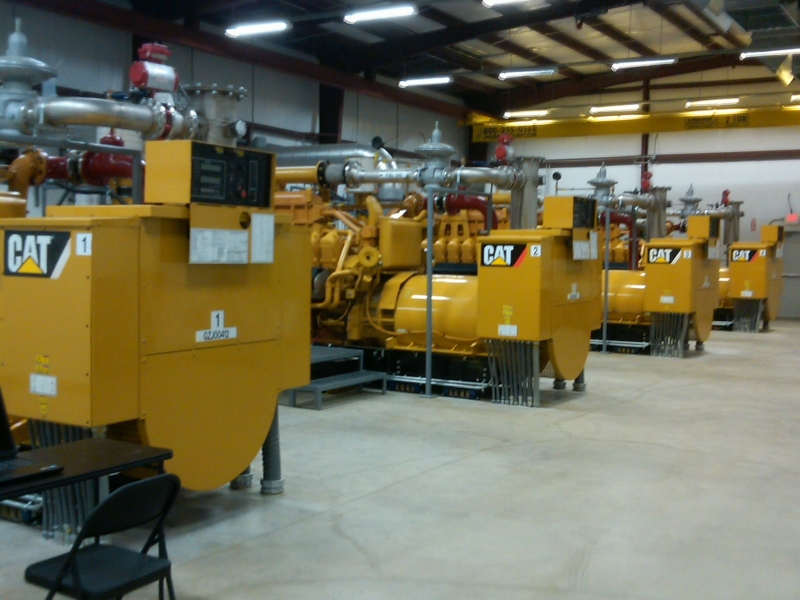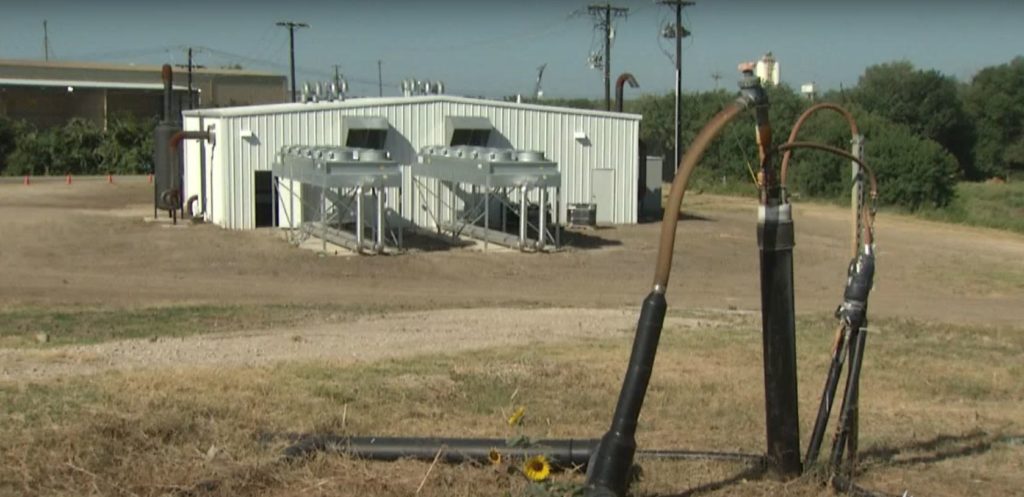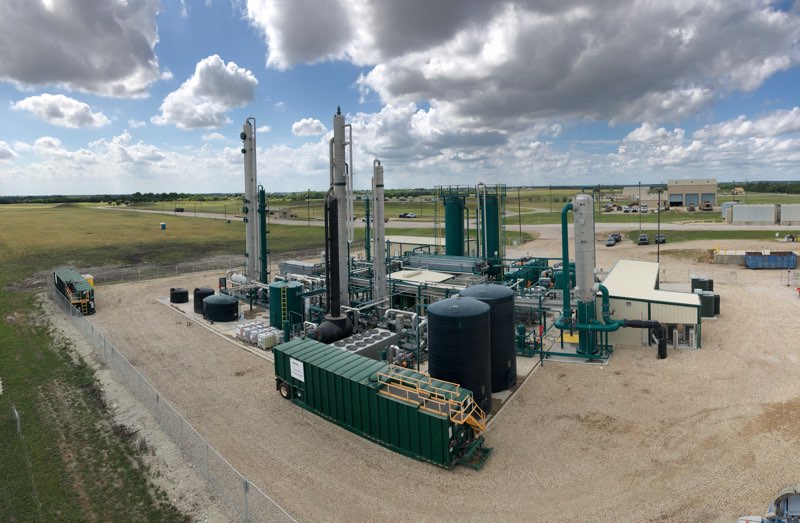Air Permit for an Oil and Gas Waste Processing Facility
National Ambient Air Quality Standards (NAAQS) Compliance Client: Southcross Energy | Location: Bee County, Texas Weaver […]

Weaver Consultants Group’s (WCG) Air Permitting team has provided air permitting assistance to several Landfill Gas to Energy (LFGTE) Facilities in Texas, Oklahoma, Louisiana, and Kansas.
As landfills accept more waste and continue to generate more landfill gas (LFG), additional controls are needed. Energy developers have been eager to construct LFGTE facilities at landfills to recover LFG for beneficial use. Although there are several beneficial ways LFG can be recovered, two most common type of energy projects typically seen are electricity generating facilities and renewable natural gas facilities.
Beneficial energy projects, in most instances, are developed by a third-party company, separate from the landfill, although some facilities have the same owner and operator. Typical emission sources at these facilities include engines, turbines, thermal oxidizers, flares, and supporting equipment for the treatment process. Depending on the location of the facility, permitting can be as simple as applying for a permit exemption to more complex case-by-case New Source Review permits.
Energy Facility air permitting projects completed by WCG have included Permit by Rule (PBR) Registrations and Standard Permit Applications (in Texas), NSR Construction and Operating permit applications (in Oklahoma) and permit modifications that involved major modification determination via threshold applicability test analyses under Prevention of Significant Deterioration (PSD) and Nonattainment New Source Review (NNSR). WCG’s Air Permitting Team’s unique approach of developing a permitting strategy specific to the site considering the site’s needs and applicable regulations has resulted in providing effective solutions to most challenging air permitting issues. Our LFGTE clients have been able to avoid major source permitting, which requires more complex control, monitoring, recordkeeping, and reporting requirements for the landfill, by providing reasonable operating limits for the LFGTE facility.


